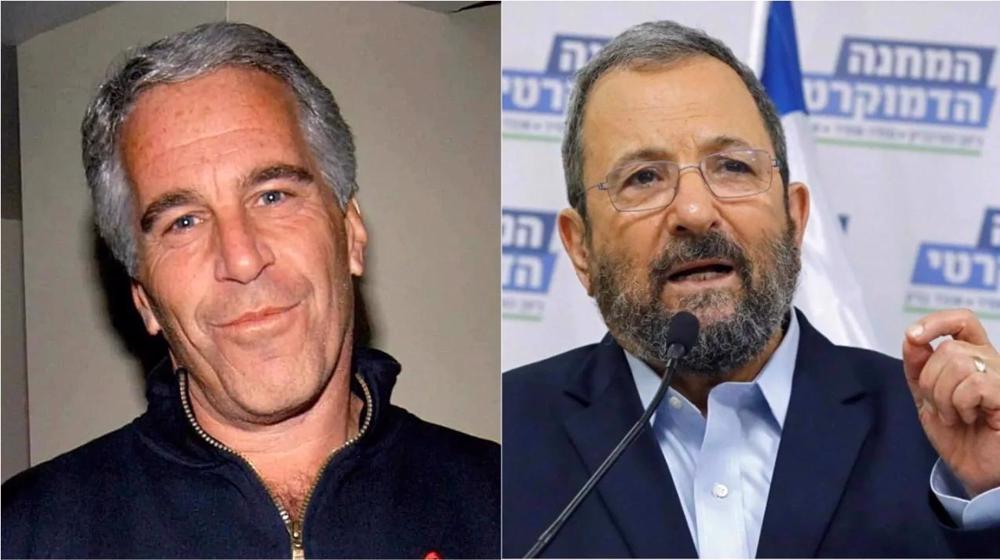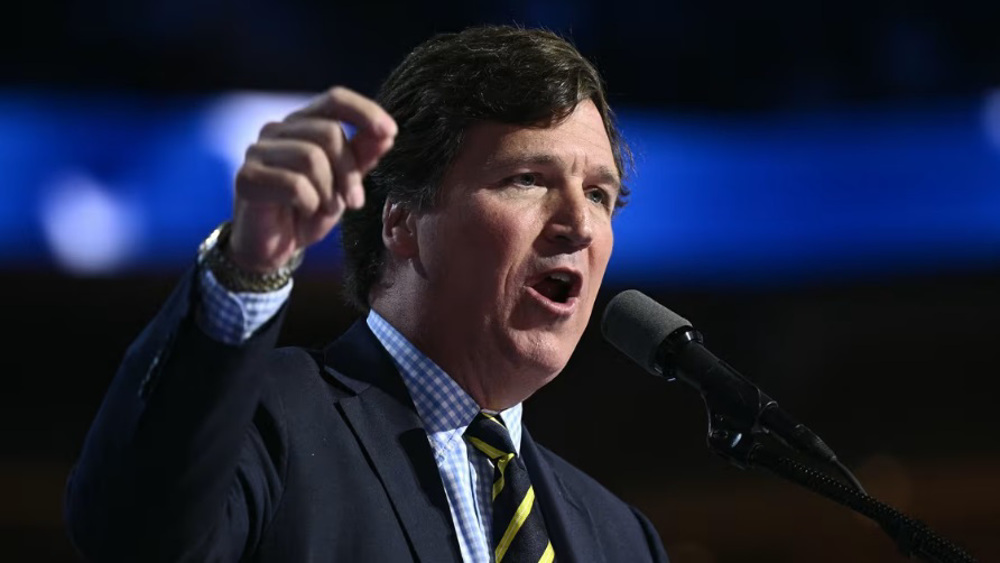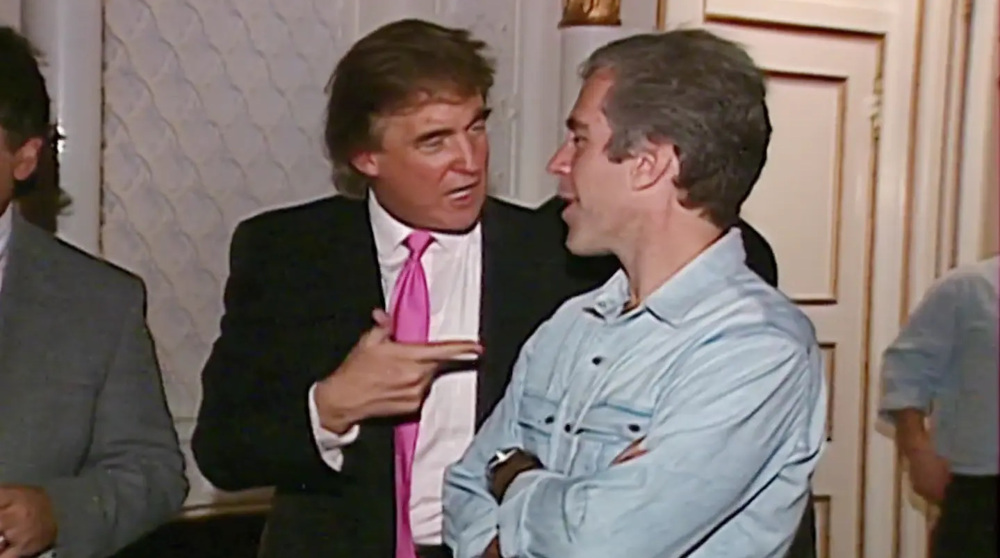Trump to litigate fraud claims, extending vote chaos
Ramin Mazaheri
Press TV, Chicago
After a month of silence regarding the highly-disputed United States presidential vote President Donald Trump publicly blasted the nation’s electoral process as having allowed “fraud and abuse to occur on a scale never seen before”.
Trump’s 45-minute speech listed many different fraud allegations in states around the country for which he claimed to have massive amounts of evidence to support. The legitimacy of his claims will now have to be decided in court.
Trump’s commitment to pursuing a legal verification of the integrity of the vote seems to assure more hyper-partisanship, continued uncertainty and maybe even chaos.
State electoral disputes must be resolved on December 8, while the controversial Electoral College must cast their ballots on December 14. That means the coming days will likely be filled with historically-intense wrangling among lawyers, but also among everyday citizens.
It’s the third disputed presidential election in six tries for Americans, and the tensions have gotten raised with each controversy. A majority of Democrats refused to accept Trump’s victory - over claims that Russia tampered with vote tallies, which were debunked after over three years of Congressional investigations.
Today an overwhelming majority of Republicans are saying that challenger Joe Biden’s projected victory is illegitimate, also due to not-yet-proven claims of voter fraud.
Adding to the cultural tension is a domestic media which is routinely accused of flagrant bias and of not giving equal time to widely-shared points of view, as well as technology companies, like Twitter and Facebook, who many say are drastically censoring constitutionally-protected political speech.
As Iran, Russia conclude drill, ex-US Army officer warns of surprises
VIDEO | Press TV's news headlines
UN investigators: ‘Hallmarks of genocide’ found in Sudan’s El Fasher
UN rapporteur Albanese: Israel’s West Bank land grab 'will consolidate annexation'
Three Palestinians killed in Israeli raids on Gaza on first day of Ramadan
Hundreds of Dutch nationals served in Israeli military amid Gaza genocide
‘Playing with fire’: Russia sternly warns against any attack on Iran
VIDEO | Iran, Russia naval forces rescue hijacked ship in mock operation during naval drills









 This makes it easy to access the Press TV website
This makes it easy to access the Press TV website